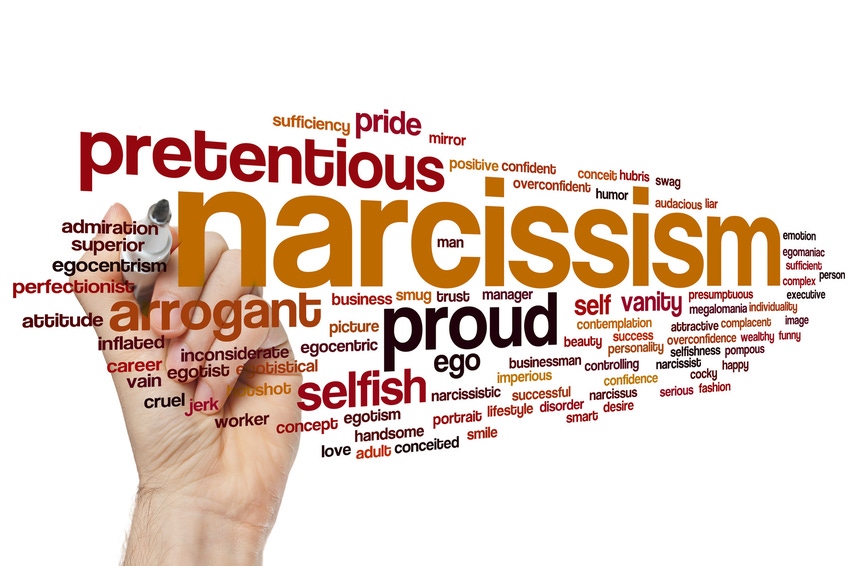The World Economic Forum has officially opened a new office in San Francisco which will deal will the role of technology in society. Welcome to the party; there’s nothing like being fashionably late.
October 11, 2016

The World Economic Forum has opened an office in San Francisco to deal will the role of technology in society. Welcome to the party guys, there’s nothing like being fashionably late.
The office, which will be named the World Economic Forum Center for the Fourth Industrial Revolution, has the objective of ensuring the benefits of technology are spread throughout society. Alongside the opening of the office, Klaus Schwab, the World Economic Forum’s founder, has published a blog entry which has seemingly given the green-light for the fourth industrial revolution in quite a pompous and self-congratulatory manner. Thanks for given us the go-ahead Klaus, don’t know what we’d have done without you.
“We all have the ability to shape the future of technology. And we all have an enormous responsibility to make sure that technology enables the future we aspire to,” said Schwab. “The Forum feels that responsibility very acutely, as a platform for people from all countries and sectors, to make positive change.”
While fashionably late, there is certainly a role for the World Economic Forum in the roll-out of new technologies on mass scale. Although early adopters have done a considerable amount to normalize the tech while also passing on lessons learned, there is a currently unfilled role in the industry to make sure the deployment of such technologies doesn’t negatively impact society.
Every industrial revolution has its winners and losers. The winners are generally those who sit at the top of the societal pyramid, and the losers are those at the bottom, though the benefits do eventually trickle through. For every industrial revolution, there are proportions of society who find themselves out of work and underqualified for the next era.
The second industrial revolution for example enabled the widespread adoption of pre-existing technological systems such as telegraph and railroad networks, gas and water supply, and sewage systems, which had earlier been concentrated to a few select cities. This would have put thousands of people out of work.
The fourth industrial revolution has the potential to the same, which is to be expected, however due to the increasing speed of adoption this displacement will happen in a much shorter period of time. The second industrial revolution is generally dated between 1870 and the beginning of World War I; the transition we’re going through currently will be much more aggressive. Technological advancement cannot be stopped because of this reason, but has to be managed to ensure the negative impacts are not too widespread.
Another area which may be worth considering with the growing role of analytics in day-to-day life is abuse of the technology. Who is to say what is right and wrong or moral or immoral when considering the deployment of artificial intelligence technologies such as machine learning or predictive analytics.
The Sacramento Sheriff’s Department has recently announced it will be using analytics software and tools provided by Splunk to become more efficient. Now there certainly is a use case for better application delivery, detect fraud, faster incident response and quicker IT troubleshooting, though the term predictive policing was used which could be seen as a concern.
How predictive policing will be used in Sacramento, though there are questions of morality which must be raised around the topic. The team want to “gain real-time insights to get ahead of crime” which sounds similar to Tom Cruise’s Pre-Crime unit in Minority Report. Is it possible to get ahead of crime? Will predictive analytics lead to prejudice in police actions? Is this an ethical use of the technology? Trials into predictive policing have already been deemed a failure in Chicago, and Telecoms.com questioned the ethical nature of the project at the time. Our opinion on the matter hasn’t changed.
The recent news announcing the creation of Partnership on AI working group is a positive sign for the industry, though the needs for an independent group to oversee the ethical and fair roll-out of technology is a must. So despite the self-righteous announcement from the World Economic Forum, there may be a crucial role for the group to play after all.
About the Author(s)
You May Also Like








.png?width=300&auto=webp&quality=80&disable=upscale)


_1.jpg?width=300&auto=webp&quality=80&disable=upscale)


.png?width=800&auto=webp&quality=80&disable=upscale)